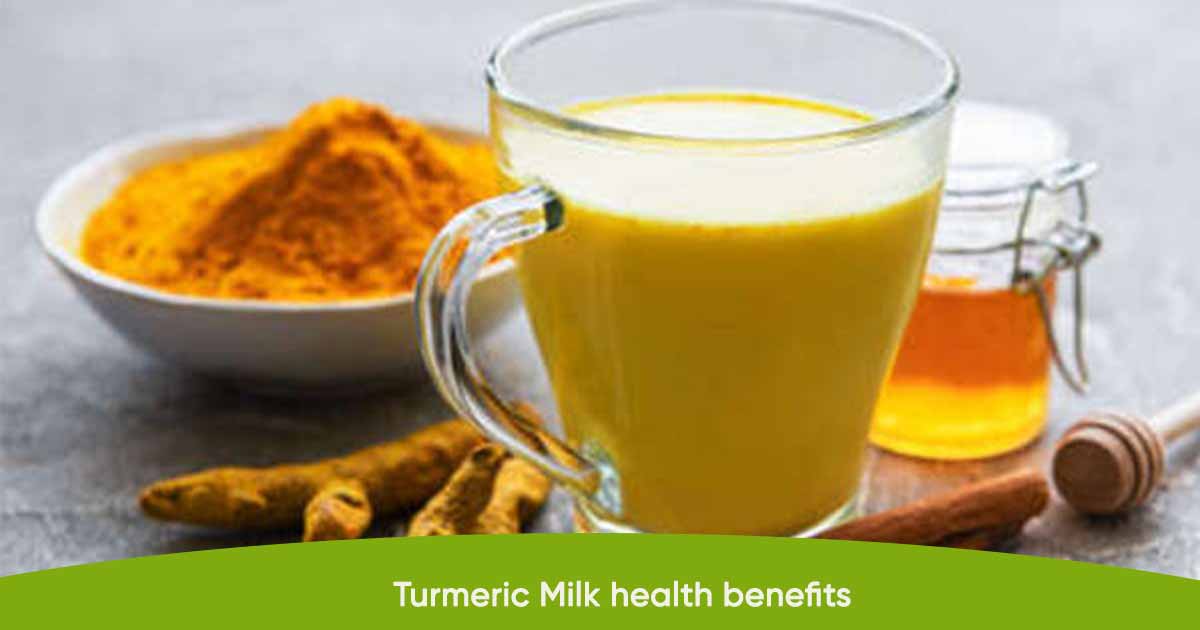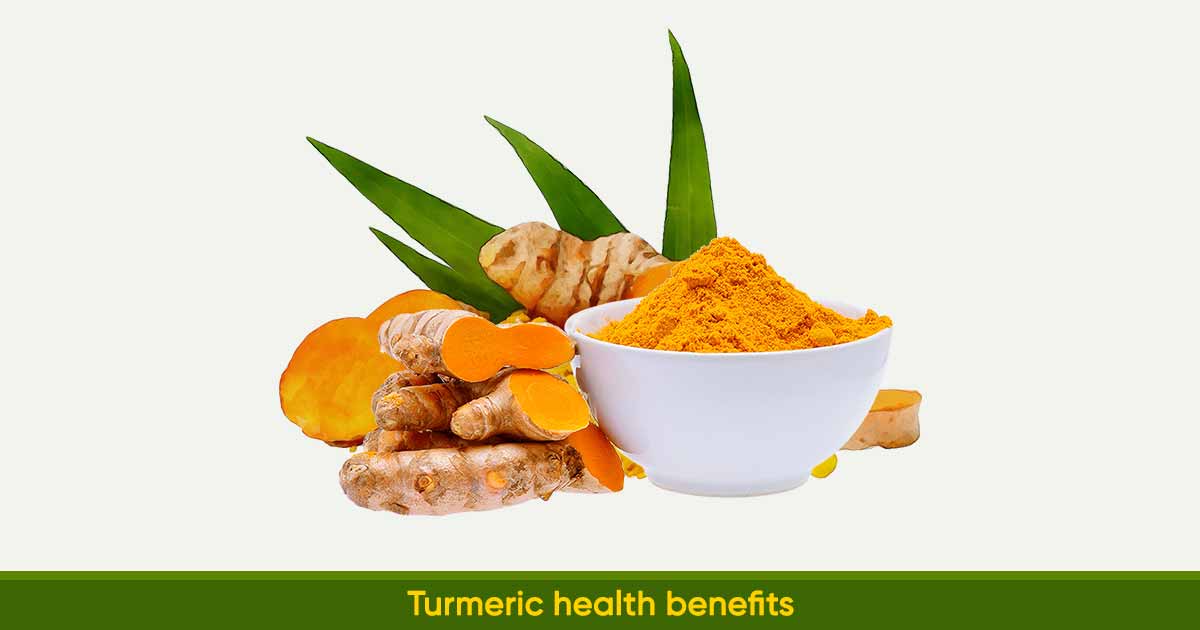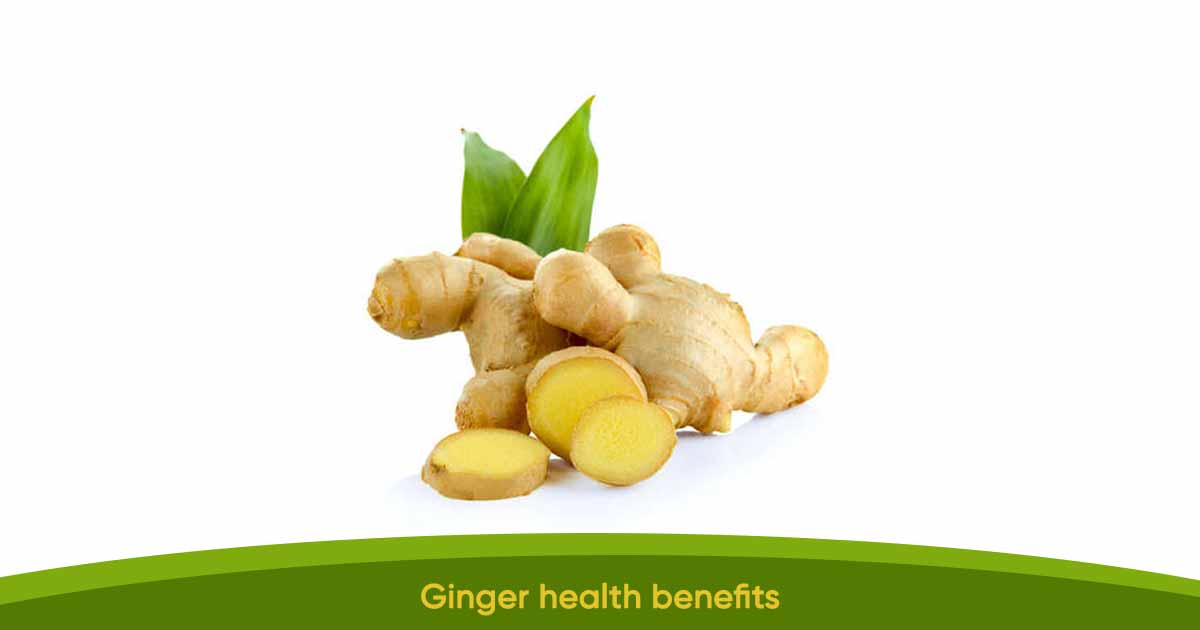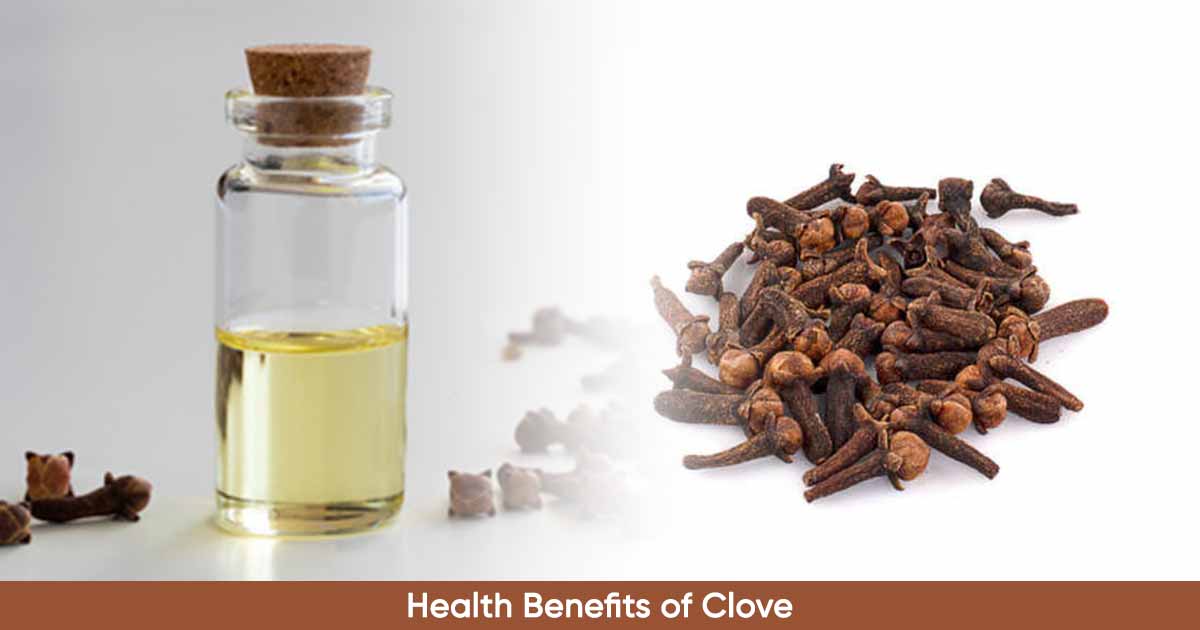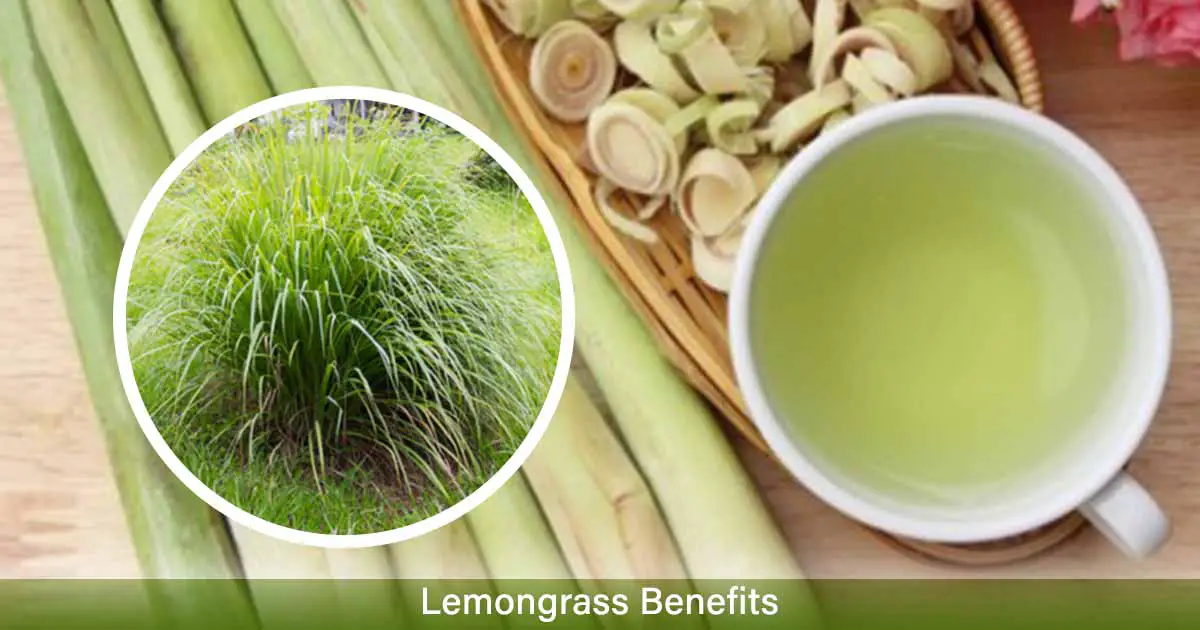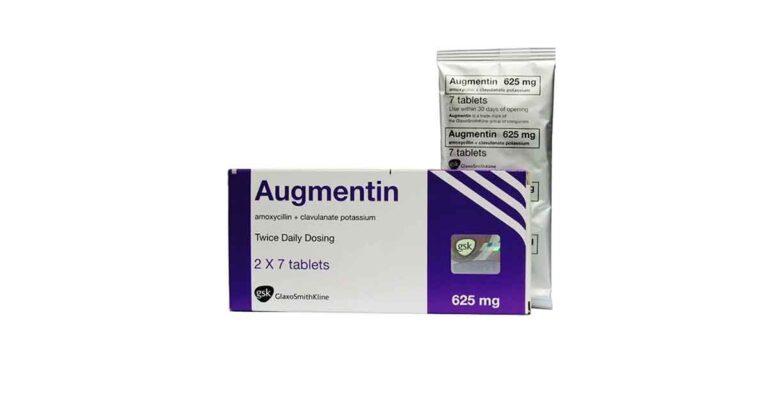Turmeric has a wide range of health and nutritional benefits which can be employed in different recipes, skin formula, teas, infusions such as turmeric milk, turmeric paste, and turmeric tea.
Turmeric is a stimulant, a carminative, used in symptoms of asthma and cough, and to prepare dental powders and pastes.
Turmeric Milk
Turmeric milk has a wonderful healing and calming effects. It is used as a natural remedy to aid in restful sleep. It is a popular Indian beverage made with turmeric, giving it a yellow or gold color. The milk can last for 5 days on refrigeration.
Turmeric milk is an elixir, and has antioxidant, anti-inflammatory, and positive cognitive effect
To prepare turmeric milk also known as golden milk, use a milk which contains both calcium and vitamin D. Also, limit the amount of honey or syrup you add to your drink.
Other ingredients in turmeric milk are ginger, cinnamon
1. Using Fresh Turmeric Root
First method involve using fresh turmeric root to prepare the turmeric milk. Here are two method of preparation:
Method A
- Mix all the 1/2 cup (120ml) of an unsweetened milk, 1 tsp of turmeric, 1/2 tsp of ginger powder, 1/2 tsp of cinnamon powder, 1 pinch of ground black pepper and 1 tsp of honey or maple syrup (optional) in a small pot and boil.
- Reduce the heat and simmer for about 10 minutes, until fragrant and you feel the flavor.
- Strain the drink through a fine strainer into mugs and top with a pinch of cinnamon.
Method B
Ingredients: 2 ½ cups unsweetened almond milk or coconut milk, 2 inches (ca. 5 cm) of sliced fresh turmeric root, 1 inch (2.54 cm) sliced fresh ginger root, a tablespoon of coconut oil (or ghee), pinch of black pepper. You can add a tablespoon of maple syrup or honey (optional)
You can use sweeteners such as honey or stevia.
Direction:
- Mix the unsweetened homemade almond milk with fresh turmeric root, fresh ginger root, a stick of cinnamon, a pinch of black pepper and a bit of coconut oil in a saucepan.
- Cook and stir continuously in low heat until it starts simmering.
2. By Using Grounded Turmeric Powder
The second method is to use turmeric powder, which is widely available.
Ingredients: 2 ½ cups unsweetened of almond milk or any other unsweetened milk, 1 ½ teaspoons of ground turmeric powder, ½ teaspoon of ground ginger, a tablespoon of coconut oil, a pinch of black pepper. You can add maple syrup or honey to taste (optional)
- Mix everything in a small saucepan and boil until it starts simmering.
3. By using Turmeric Paste
Another method you can use to make turmeric milk is by preparing it with turmeric paste. If you are interested in making turmeric golden latte, a daily habit, then this method is for you.
The golden paste is made by mixing ground turmeric powder (aka turmeric spice) with oil (i.e., coconut oil), black pepper, water, and other Ayurvedic spices like ginger, cardamom, and cinnamon. You simply make a jar of it, keep it in the fridge, and incorporate it into your diet every day in no time.
They use oil such as coconut oil in making turmeric milk tea because curcumin is poorly soluble in water.
Most recipes use a tablespoon of oil for 2 servings, which (that depends on the milk you use) yields approximately 2 cups (0.47 l) of turmeric golden milk.
For the black pepper, it contains piperine which helps the body to absorb curcumin, the key compound in turmeric.
To make turmeric milk using turmeric paste, simply:
- Add a teaspoon of turmeric paste into a mug,
- Pour some hot milk over it,
- Sweeten it with honey or sugar and give it a thorough whisk. Your turmeric tea is ready to serve.
Turmeric Paste
The method of preparation is very easy. All you will need is dried and grounded turmeric powder and little water. You can add in combination of essential oil and honey for the application to wounds. The mixtures are mixed together to form a paste and then apply to that area of interest.
Turmeric Tea
Ingredients
2 tablespoons of chopped turmeric or 2 teaspoons of turmeric powder, 1- 2 cups (0.47 l) of water, 1 piece of lemon, A little honey or sugar (optional)
Method of preparation
- Put the chopped turmeric and lemon in a pot and add 1–2 cups of water. Bring to a boil.
- Reduce the level of heat to allow it to simmer for 5 minutes and then strain.
Drink the turmeric tea warm or cold. Optionally, you can add honey or sugar to taste.
Health Benefits of Turmeric Milk
Anti-inflammatory action: Curcumin, the major curcuminoid in turmeric and minor constituents such as demethoxycurcumin and bisdemethoxycurcumin are anti-inflammatory agents and can be used in conditions such as rheumatoid arthritis.
Lowers blood sugar: Turmeric reduces inflammation, and improves the function of pancreatic beta cells. Beta cells increase production of insulin that regulates blood sugar levels.
Antioxidant effect: Turmeric milk is loaded with antioxidants that protect the body from oxidative damage, slows down aging process, and inflammation in body cells. It also protects against neurodegenerative diseases such as Alzheimer’s disease.
Improves memory and brain function: Curcumin in turmeric has many neuroprotective properties, like improvement in cognition and neurogenesis. It can increase levels of brain-derived neurotrophic factor (BDNF).
Increase in BDNF levels improves memory functions, lowers brain damage.
Heart diseases: Curcumin lowers blood pressure and cholesterol levels. The antioxidant property prevents build up of plaque and cholesterol within existing arteries.
It also protects against lipopolysaccharide (LPS)-induced toxicity to endothelial cells, protecting against atherosclerosis and related conditions.
Bone health: Curcumin may protect against osteoporosis by inhibition of nuclear factor kappa B (NF B) and receptor activator of NF-B ligand (RANKL), NO production, ROS formation, and synthesis of pro-inflammatory cytokines.
It also prevents bone degeneration.
Improves metabolism: It improves the burning down of calories, fats and eliminate toxins
Liver detox: Curcumin inhibits lipid peroxidation, prevents radical formation and oxidative damages to tissues such as liver cells.
Improves immune function: Curcumin may boost the immune system by increasing antibody production and white blood cells responsible for destroying germs.
Microbial infection: Turmeric has antibacterial activity against many gram-positive and gram-negative bacteria, including E coli, Helicobacter pylori, methicillin-resistant S aureus (MRSA) strains, Streptococcus pneumoniae, and Listeria monocytogenes.
Turmeric milk inhibited Zika, Chikungunya viruses as well as herpes simplex virus and dengue virus. (Source: Researchgate)

